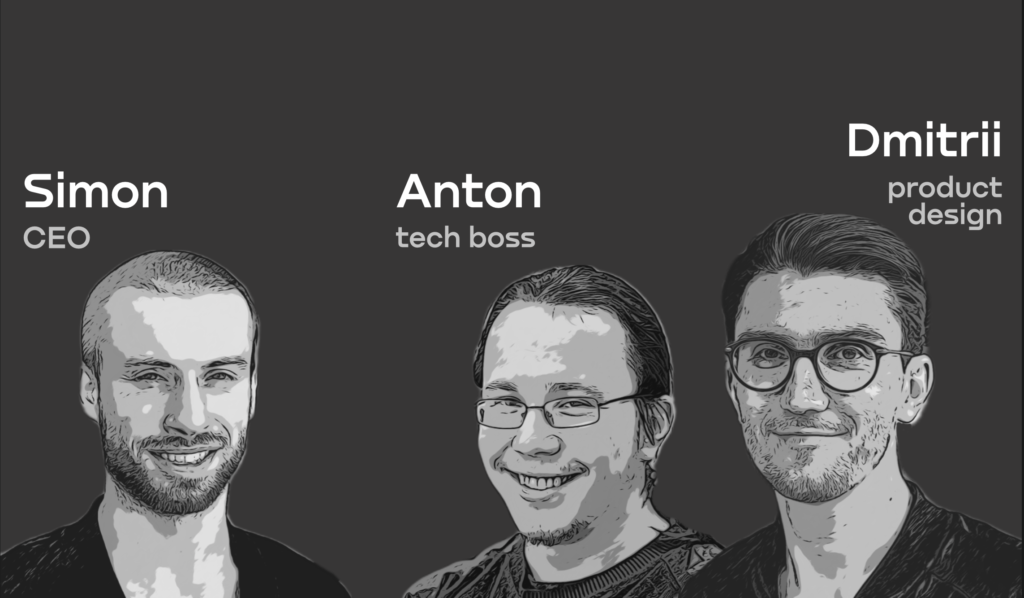News
Meet the founders – Precision Navigation Systems
The CEO, co-founder of Precision Navigation Systems OÜ, Simon Litvinov, talked with us about the startup goals, the solution and the main challenges of this field.
1- Can you briefly explain what your solution is all about? What’s unique about it?
Stargate RTK is a GNSS correction service provider for cm-level precise positioning of robots, drones, IoT devices and other cross-border & mass applications.
We transform existing terrestrial infrastructure into an all-in-one GNSS correction service — this is a sustainable approach that allows extracting additional value from existing resources.
2- What’s the story behind your company? How was the idea for this business born?
Our team has been working together for more than 6 years. We devoted our careers to GNSS technologies from the start: developing hardware and software solutions. One of them — HIVE — became the biggest GNSS correction provider in Russia. In 2018 we established Precision Navigation Systems in Estonia with the help of the Startup Wise Guys accelerator to expand internationally. Later we understood that we had to pivot as the business model didn’t work. As a result, we launched Stargate RTK.
3-Which is the challenge that your solution tackles, and how do you set apart from the other companies with similar solutions?
Established GNSS correction providers have not yet adapted to the emerging needs of autonomous robots and their OEM suppliers, focusing primarily on construction companies, land surveyors, and farmers.
Tackling the fragmentation of dozens of GNSS networks and thousands of reference stations worldwide, Stargate RTK brings them all under one roof and makes the existing GNSS infrastructure accessible to high-growth and high-volume fleets helping those who are in charge save their time and money.
4- What are your goals, and what’s the biggest challenge you are trying to overcome at this moment?
Reaching product-market fit is a crucial step for every startup to succeed. Our company is 3 years old. We started with a different business model, which didn’t work, and we had to pivot last year. As the product and business model have changed, we are building early traction on the market. We plan to achieve the product-market fit by the end of this year.
5- What advice would you give to an entrepreneur trying to pave his/her way in the space sector landscape?
It doesn’t matter which sector you’re pursuing with your startups — the startup basics are almost always the same. However, it will always be a good idea to have support dedicated to the market you’re in. In the case of space tech startups, I would apply to the closest ESA BIC Incubator to do the first steps in product development and market research. The online programs like SUN, Point.IoT or X-Europe will be of great value as well. Finally, apply to Galileo Masters or similar challenges to showcase your idea, get some feedback, and expand your network.
6- About SUN, why did you apply?
We applied to SUN because this is one of the few support programs designed for space tech companies. So there is a higher chance to receive advice from mentors that have working experience and a deeper understanding of our industry.

